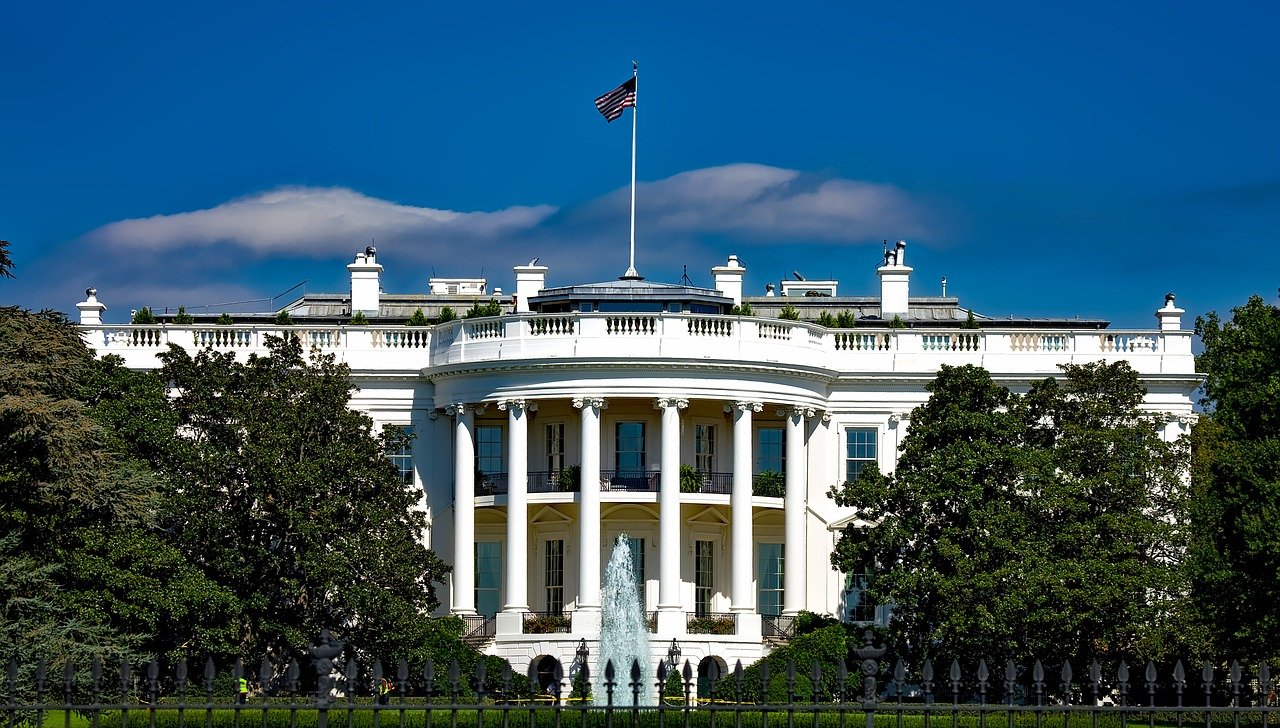The 2016 Presidential Election was historic on multiple fronts. Two of the most unpopular candidates battled in one of the most contentious, divisive and unconventional campaigns in modern history. For some, the result was a deeply shocking and painful event, for others it was redemption for voices long ignored. In all, nearly 120 Million Americans voted and the popular vote was separated by less than 200,000 votes, which is about the population of Little Rock, Arkansas. Regardless of your politics or preference of candidate, there’s no question that the country is divided politically. Whether you’re extremely disappointed or excited by the result there are lessons to be learned from the election and how it can affect our wallets and thus our livelihoods. How can the lessons from this election make us better managers of our finances?
1. Conventional Wisdom Isn’t Always Wise
Nearly every political expert and reputable polling firm who had been polling voters on a weekly basis for 18 months were completely wrong about the actual results of the election. Polling models that were used for the electorate in 2008 and 2012, became obsolete in 2016. Conventional wisdom can often be generalized and not specific to our individual situation.
There are certain standards of conventional wisdom in our finances that are also outdated or need to be challenged based on our individual situations. For example, conventional wisdom often stresses going to the best college one can get into (regardless of cost), pursuing a degree in a field of interest (regardless of expected future salary). This is not to say that people shouldn’t go to college or pursue a major solely based on expected future salary. It is to say that mode of thinking was developed at a time when people could pay their full student tuition by working part-time. That’s a 1970’s/80’s model, which needs to be challenged and may not take into account the realities of increased tuition costs and the impact of student loan debt on your future livelihood.
Our motto is Reject the Status Quo. In order to manage your finances well, there are times when you’ll make decisions that are not popular. The status quo embraces consumerism culture in which many people equate spending with projecting wealth or building relationships. It may be tough to navigate being the odd one out if you don’t subscribe to that mode of thinking. You may find that unnecessary spending actually doesn’t project wealth or make you happier, but rather delays and extends the time it takes for you to reach your personal and financial goals.
2. Prepare for the Unexpected
To say that Donald Trump becoming the 45th President of the United States was unexpected is a dramatic understatement, but life can often be very unpredictable. It was the Greek Philosopher Heraclitus who said, “Change is the only constant in life.” Sometimes change is good and sometimes it isn’t, but regardless, we have to plan for the unexpected. Being unorganized with your finances is like playing Russian Roulette. Click To Tweet
One of the lessons learned from the 2008 Great Recession was the people that were impacted the most were folks who carried high levels of debt and lived above their means. That’s not a judgment on them personally, but we need to ask ourselves if we have recession-proofed our finances. The following questions can help you assess your readiness:
Do you have 3-6 months living expenses in an emergency fund?
Do you have more than one source of income?
Do you have a written budget and track your spending?
Do you have life and disability insurance?
Do you have revolving credit card debt?
3. Depending on Government is a Losing Strategy
One of the truly negative impacts of having a divided country and a divided government is that even topics of general consensus may not get accomplished. There are serious financial issues, such as the cost of higher education, the cost of healthcare, student loan debt, social security, increasing wages and tax reform that can have dramatic effects on our finances, both positive and negative.
We believe the best plan of action is to treat your finances as if you will not get any assistance from the government and if you do, it will be a bonus. If you are under the age of 50, you should have no expectation that you’ll receive any social security benefits in retirement. If you have student loans, you should have no expectation that the government will help reduce the cost or forgive any portion of it, unless you are in a loan forgiveness program, have it in writing and understand the nuances.
The point is that our government is not a nimble organization, even when there is a consensus. Big changes can often take years, if not decades. Therefore government assistance should not be an important part of any financial planning.
4. Your Money, Your Values
Finally, if you want to know what someone truly values, you may listen to their words, you may even look into their actions, but one of the most revealing aspects of a person’s values is their spending. As they say, follow the money! We may vote for a Presidential candidate every four years, but we vote daily with our financial resources. The more we control of our finances, the more resources we can direct toward causes we value. Click To Tweet For example, if a company decided to move a factory overseas or company funded organizations that were contrary to your values, an organized voter base could decide they were no longer willing to purchase products from that company and impact that decision. Just as many Americans believe that every vote counts, your dollars and purchase decisions count. Make sure your bank statement reflects what you value most.
Become a Money Speakeasy Insider!
Subscribe to get our latest content by email.
